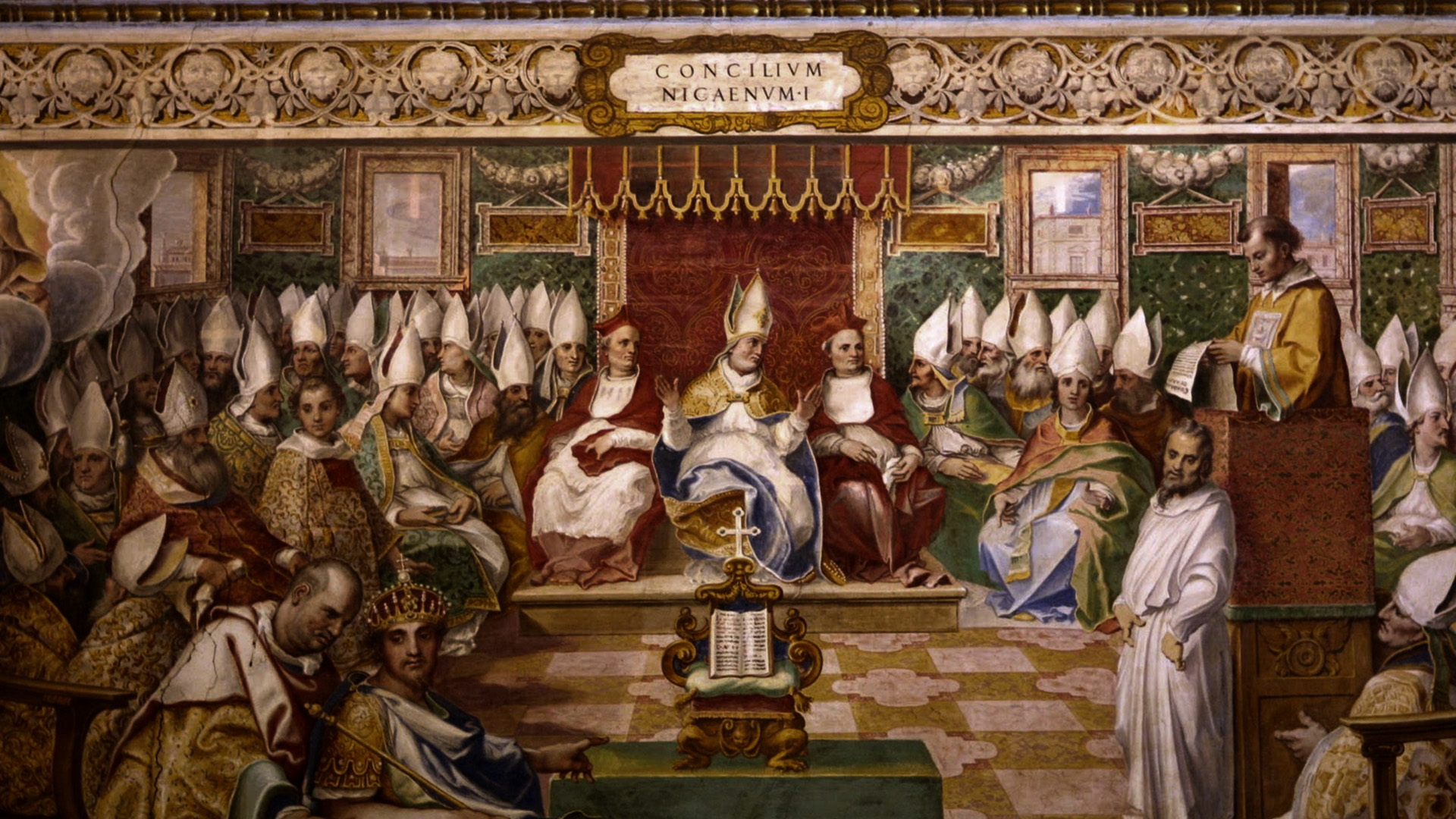Sandbar
Member
Somewhere up in the clouds your biblical God is laughing at some of you. Would you jump into a river of Crocs if the bible told you to? Stick a knife in your first born child to prove your faith? Could you function as a human if the bible weren't around anymore? You have been lied to and duped just like your parents and their parents before them on back to the first days that book was printed. Much of the contents of the bible come from Hindu and other ancient text. The evil forces that changed the bible and created Jesus to be something he wasn't still control you today and you are just too scared to open your eyes to it. You worship the wrong creator out of nothing but fear. No loving creator would ever put you on earth to torment you with fear, judgement and fear of being cast into some fiery pit that doesn't exist. I've lost several good friends and teammates to suicide as they waited for prayers to be answered. They "Put it in God's hands" as they were told by friends and family. Thanks to the people who helped me these soldiers are getting the actual help they need and didn't get from religion. If you follow a religious dogma and it works for you good just stop telling others they better do the same as you or else because the or else is a joke



